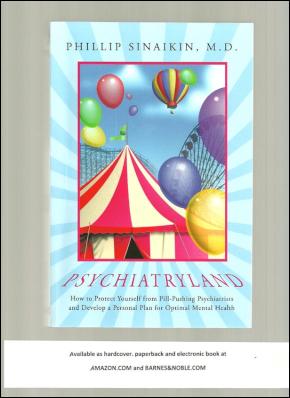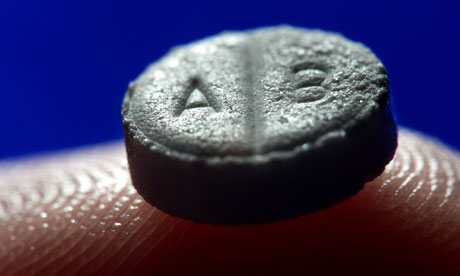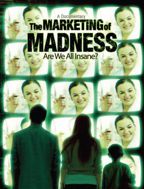
Interview with “Psychiatryland” Author, Phillip Sinaikin, MD
Psychiatry mimics science but is not a real science. The symptoms it treats are subjective and have not been demonstrated and cannot be demonstrated at the cellular level. That gives psychiatrists free reign to just experiment and symptom chase, often insanely chasing the side effects and negative interactions of the current drug regimen with more and more drugs. Polypharmacy is also a way psychiatrists can distinguish themselves in an increasingly competitive market. No one believes you need a specialist for one drug — any primary care physician can give you Zoloft — but for multi-drug therapy you do. If you don’t write a prescription as a psychiatrist, you won’t work these days. It is like being a pacifist and having no choice but working in a bullet factory.




